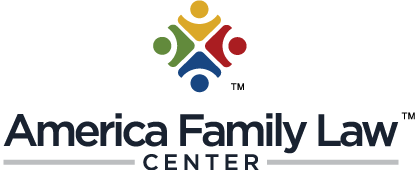Legal Aid
Legal Aid is defined as free or low-cost legal services. Not all programs are created equal.
Eligibility for Legal Aid
These services are typically only available to people in poverty. It is future limited to certain types of situations or areas of law.
According to authorities, less than about 15% of the people who qualify for assistance receive services. Often times this service is lacking in meaningful outcomes.
Typically legal aid organizations try to help people with situations involving, violence, food, clothing, shelter, personal freedoms, and human rights violations. Many civil cases are considered discretionary and do not receive help. Some of the types of cases traditional legal aid services do not assist with include divorce, auto accidents, traffic tickets, real estate purchases, or personal injury cases.
People will sometimes refer to programs or organizations by the type of case they are looking for, such as child custody legal aid,
For most free programs you must income qualify to receive services. In Texas, you can’t earn more than $16,100 per year or for a family of four more than $34,125 per year. This leaves many Texans unserved by traditional free programs.
Types of Funding
The term free or low-cost refers to the cost to the person who is using the service – someone is always paying for the service.
Most states have government-funded programs/organizations. These are organizations that operate much like a traditional law firm but receive government funding. Often there are strings attached to the funding, such as the income level or types of cases that the organization is allowed to help. Indeed much of the funding may go to overhead as opposed to services.
There are 3 such programs in Texas. They are Texas RioGrande Legal Aid, Legal Aid of NorthWest Texas, and Lone Star Legal Aid.
Currently, a growing number of private nonprofit legal aid organizations have started to provide legal services. They are doing so in various hybrid models. For instance, one of the most prominent of these is America Family Law Center. Equally important is that these private nonprofit organizations obtain funding through private donations and/or low-cost co-pays. In addition to the non-traditional funding, the nonprofit may also subsidize their program through some type of government/public funding or grant.
Accordingly, a distinct advantage of these types of organizations is they are able to help a lot more people. They operate more efficiently. In contrast, government-funded organizations truly become constrained in offering services. This is because of conditions related to state or federal funding requirements. Private nonprofit organizations are often able to assist people who could otherwise not afford to hire an attorney. Not just those below the poverty line.
Lastly, remember that this article is for information purposes only. This not intended to be a substitute for legal advice. Please consult with an attorney for legal advice.
English | Español

can be contacted by
phone or text at 214-516-7700
Children need their parents








